Motherhood Ambivalence: The Good, the Bad, and the Ugly (A Psychoanalytic View).
The Picture-Perfect Start
You did everything right. The baby shower, the glowing photos, the carefully researched stroller. You read What to Expect When You’re Expecting twice and even highlighted the main points, hoping to memorize every possible scenario. You attended the classes, stocked the drawers with impossibly tiny onesies, and decorated a beautiful nursery with pastel colors and a mobile above the crib. You even posted your pregnancy pictures in the fall, proud and excited to step into this new chapter. You were ready — at least you thought so.
3 AM Reality Check: The First Signs of Motherhood Ambivalence
Nobody prepared you for the moment at 3 a.m., sitting in the dark with a crying baby, when a scary thought crosses your mind: “Why did I sign up for this?” You whisper to yourself, “I miss my old life. I feel like an alien being a mom. I’m so exhausted. My nipples hurt. I can’t even recognize myself in the mirror. My old clothes don’t fit. I feel like a failure.”
Raise your hand if any of these thoughts sound familiar.
Psychoanalysts have long understood what our culture still struggles to admit: motherhood isn’t just bliss and picture-perfect moments. It’s also exhaustion, resentment, and even flashes of hate. And although psychoanalysis has its contradictions when it comes to women, one thing it got right is its vision of motherhood. It didn’t romanticize it. It didn’t sell us the image of a glowing mother gazing at her peacefully sleeping baby. Instead, it names the hard-core feelings you might be too scared to admit to your mom friend at the park.
Motherhood Resentment and the Ugly Feelings No One Talks About
Donald Winnicott, one of the most influential psychoanalysts, said something that shocked many when he first wrote it: mothers don’t only love their babies — they also hate them. Yes, you heard that right: not only love, but hate. Not the kind of hate acted out in violence, but the everyday kind that mothers encounter and then hide out of stigma and shame. Every kind of feeling you might be too afraid to say out loud.
So, let’s take a closer look at what Winnicott actually said about motherhood.
Pregnancy itself puts the mother in danger, demanding everything from her body.
Giving birth can be overwhelming, even traumatic.
The baby immediately interferes with her private life and independence.
Sometimes the baby is wanted more by her own parents or in-laws than by her.
Breastfeeding can hurt — nipples raw, body aching, yet she is expected to endure.
The baby is ruthless in his needs, treating her as an unpaid servant.
At first, he has no awareness of what she has sacrificed.
She must hold him calmly, without anxiety, even when she feels broken inside.
And after a terrible night, the baby beams at a stranger, who gushes: “Isn’t he sweet?” — while the mother herself remains invisible.
This is what Winnicott meant by a mother’s “hate.” Not cruelty. Not neglect. But the raw ambivalence of loving and resenting at the same time. The complexity of motherhood goes far beyond the picture-perfect images we’re fed.
Why Naming Ambivalence in Motherhood Matters
Winnicott writes that “a mother has to be able to tolerate hating her baby without doing anything about it.”
What does that mean? It means that by being aware of the complexity of motherhood — the sacrifices, the toll it takes on your body and soul — you can begin to outline a path of support for yourself. If you are not aware of your ambivalence, of the mix of love and resentment, then you can’t think about how to care for yourself.
It’s like the rain: if you don’t notice the storm clouds, you won’t bring an umbrella, and you’ll end up soaked. But if you can name what’s happening, you can prepare, protect yourself, and stay dry.
The same is true for motherhood. When you acknowledge ambivalence, you can begin to ask:
What are my resources?
Who can I lean on?
How do I support myself in this multidimensional role?
Because motherhood is not one-dimensional, it is good, bad, and ugly — all at once.
You Don’t Have to Do This Alone
If what you’ve read so far resonates with you, and you’d like to continue the conversation about the good, the bad, and the ugly of being a mom, I invite you to schedule a free consultation with me today.
My name is Yuliya Golubev — I’m a mom and a bilingual psychotherapist. I help mothers like you raise awareness about the complexities of their experiences so that we can process the unfiltered version of motherhood together. In our sessions, there’s no such thing as “too much information.” We’ll take a deep dive into what’s really happening — from body changes to breastfeeding challenges to the narratives you’ve created about what motherhood “should” be.
You don’t have to carry the good, the bad, and the ugly alone. Together we can make space for all of it.
References
Winnicott, D. W. (1949). Hate in the Counter-Transference. International Journal of Psycho-Analysis, 30, 69–74.

